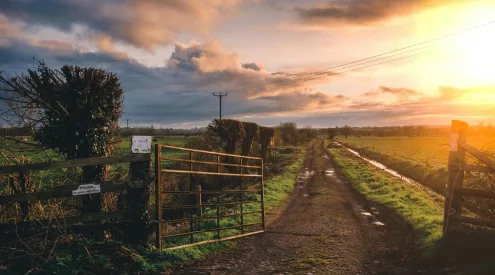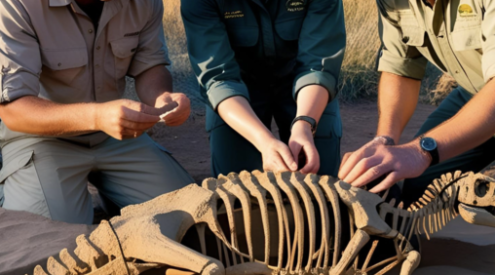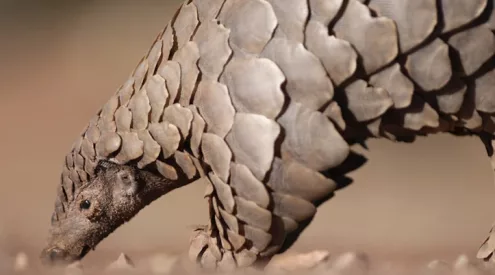There is speculation that more countries may ban travel from South Africa as they attempt to keep the 501Y.V2 out as long as possible.
Often incorrectly referred to as the ‘South African variant’ this mutated version of the COVID-19 virus was first identified in South Africa, however, there is no proof it originated in the country.
The variant has been found to be more contagious and more resistant to some of the vaccines. It has not been found to be more deadly than the first variant. As a result, many countries are concerned about the spread of the variant affecting their population.
This has led to many countries to place travel from the country under bans or incredibly strict arrival protocols. Spain announced it is extending its ban on South African arrivals until March.
In the UK, visitors from 33 countries considered high-risk are required to quarantine in designated hotels with all meals served in their rooms at an out-of-pocket price of £1,750 for a ten-day stay.
The penalty for failing to take the required COVID-19 test has been set at a £1,000 (R20 294) while breaking quarantine can see visitors paying up to £10,000 (R202 930), according to MyBroadband.
This “red-list” of countries by the UK has been questioned because of the countries chosen and those left out.
While South Africa is understandably on the list, other Africa countries such as Rwanda, Botswana, DRC and Burundi having incredibly low daily case numbers. Especially in comparison to countries not named on the list, specifically the United States of America.
While Bostwana recorded 0 new cases on February, 10, the US recorded 94 893. The 501Y.V2 has also been identified in the US already.
In addition, the spread of the 501Y.V2 variant has been significantly lower than the variant first identified in the UK.
As of the end of December 2020, four countries had noted presence among their population. By comparison, the new variant first identified in the UK called VOC-202012/01 had been identified in 31 other countries within the same time. This variant was first identified 4 days before South Africa identified 501Y.V2.
Whether these bans will be effective and for how long is still to be seen. A report by the New York Times in 2020 showed how travel bans against the original wave of COVID-19 out of China came too little and too late to stop the spread.
Picture: Unsplash
















